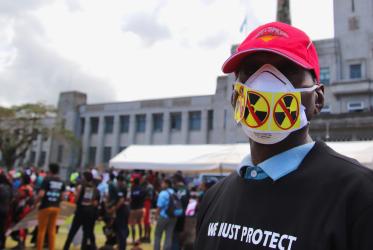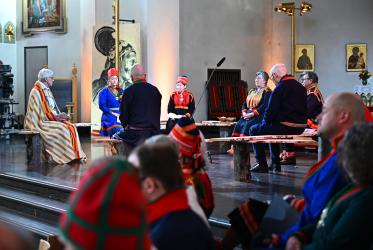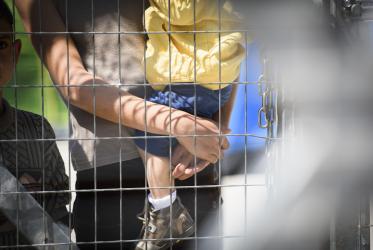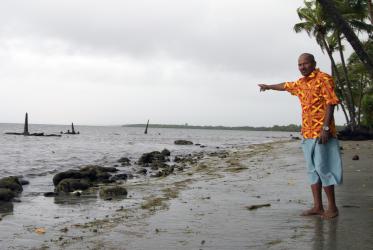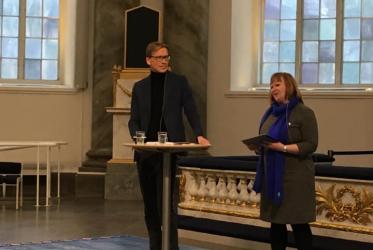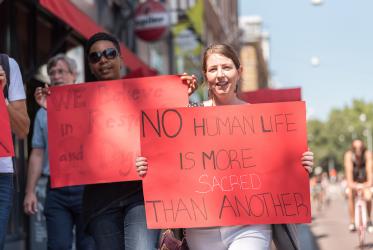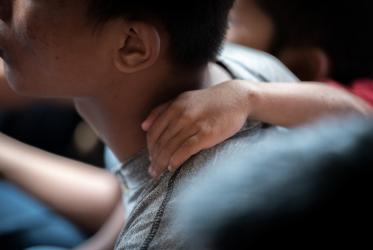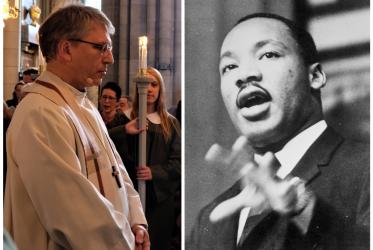Displaying 1 - 20 of 59
29 August 2023
Church of Sweden apologizes to Sámi people, this time in Sápmi
27 October 2022
Church of Sweden publicly apologises for abuse of Sámi people
26 November 2021
Pacific Theological College publishes “A COVID-19 Wellbeing Statement”
03 September 2021
Nordic churches: “take our human responsibility”
12 March 2020
Churches should use their voice on climate change
26 February 2020
The cry of the Papuans in Indonesia
14 November 2019
In Fiji, young people ‘walk the talk’ with advocacy
12 September 2019
Ecumenism is a sense of belonging
08 February 2019
WCC Executive Committee envisions future for one ecumenical movement
08 November 2018
WCC executive committee tackles public issues
07 November 2018
WCC encourages churches’ work with migrants, refugees
07 November 2018
WCC supports UN petition from French Polynesia
07 November 2018
A vibrant movement ready for tomorrow’s challenges
04 November 2018
